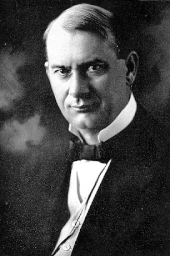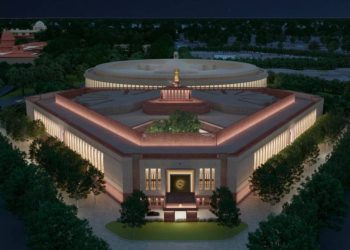Table of Contents
This Post Is Recently Updated on Oct 30, 2023 @ 10:22 am by TBB Desk
1. Explosion at Jehovah’s Witnesses Prayer Meeting Leaves 1 Dead and Over 50 Injured
On a Sunday morning, a series of explosions sent shockwaves through a convention center in Kerala, where more than 2,000 individuals gathered for a prayer meeting as part of the Jehovah’s Witnesses denomination. Preliminary investigations revealed that the explosions at the Zamra International Convention and Exhibition Centre in Kalamassery, Ernakulam, were caused by an improvised explosive device (IED).
One fatality was reported, and more than 50 individuals suffered injuries in the incident, according to local television reports.
2. Bomber Surrenders and Cites Disagreements with Jehovah’s Witnesses
The individual who surrendered to Kerala Police on Sunday afternoon and claimed responsibility for the bombings was identified as Dominic Martin. In a Facebook post, he stated that the Jehovah’s Witnesses denomination had refused to make changes despite his repeated requests for reform.
Martin alleged that the explosions occurred as a result of his demands not being met and his frustration with the group’s activities.
3. Exploring the History of Jehovah’s Witnesses

The origins of the modern-day Jehovah’s Witnesses organization can be traced back to the late 19th century when a small community of Bible students near Pittsburgh, Pennsylvania, embarked on a new examination of the Bible and Christian doctrine. This group was influenced by the teachings of Charles Taze Russell, who started publishing Bible interpretation works in the early 1870s. Many of Russell’s ideas challenged traditional Christian beliefs.
In 1884, Russell established the Watch Tower Bible and Tract Society of Pennsylvania, now headquartered in Warwick, New York, as the central body of the Jehovah’s Witnesses organization. Their beliefs include the restoration of ancient Christian doctrines before an impending apocalypse and the belief that salvation will only be granted to a select few at the world’s end.
4. Evolution of Jehovah’s Witnesses

Following Russell’s death in 1916, Joseph Franklin Rutherford assumed the presidency of the Watch Tower Society and implemented significant organizational reforms. The group was officially rebranded as Jehovah’s Witnesses in 1931, marking a departure from Russell’s earlier followers. Rutherford shaped Jehovah’s Witnesses into a committed cadre of evangelists.
5. Persecution and Challenges
Jehovah’s Witnesses have faced persecution throughout history due to their stance of political neutrality and refusal to salute government symbols. This has led to bans and violence in various parts of the world. Despite calling themselves Christians, Jehovah’s Witnesses have distinct beliefs, including rejection of the holy trinity and the immortality of the soul.
The group endured persecution during World War I, with bans in Canada and expulsions in U.S. schools. In the 1930s and 1940s, violence against Jehovah’s Witnesses escalated in the United States. In Germany, their preaching was banned, and they faced arrest. During Adolf Hitler’s regime, their situation worsened, resulting in mass arrests and incarceration.
In recent years, Jehovah’s Witnesses have faced official bans in Russia, and they have been labeled as a “cult” by some.
6. Jehovah’s Witnesses in India
Jehovah’s Witnesses have maintained a presence in India since 1905. In 1926, a national office was founded, and in 1978, a charitable trust was officially registered to represent the legal interests of Jehovah’s Witnesses. According to JW.org, currently, there are 56,747 Jehovah’s Witnesses ministers in the country across 947 congregations.
In India, the group had been involved in an important case that saw a conflict between freedom of religious conscience and saluting national symbols. In 1986, the Supreme Court of India heard a case that involved three children of the Jehovah’s Witnesses sect who did not join in the singing of the National Anthem at their school. The school authorities expelled the children for not singing the National Anthem, which the children’s parents challenged in court.
The Kerala High Court rejected the plea and their re-appeal also failed, after which they moved the Supreme Court and received a favourable verdict. The Supreme Court ruled that the expulsion from school violated the children’s rights to freedom of expression and religion, creating an important precedent. The case (Bijoe Emmanuel v. State of Kerala) has been cited in many subsequent cases involving freedom of speech and expression and the right to practice religion.
According to JW.org, Jehovah’s Witnesses have faced over 150 violent mob attacks in India since 2002, often linked to allegations of converting individuals through their evangelism efforts. Currently, there are 56,747 Jehovah’s Witnesses ministers in India across 947 congregations.










